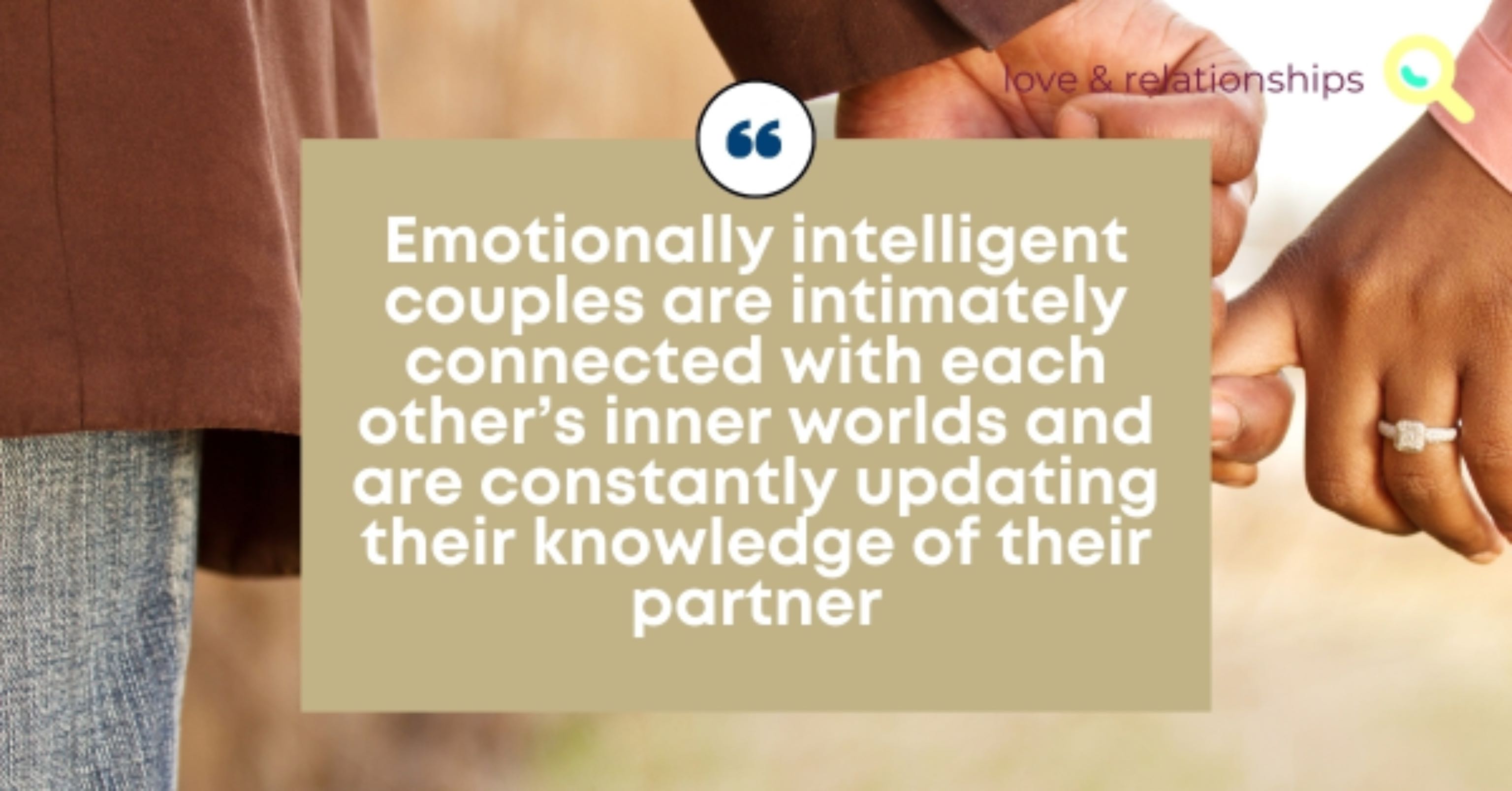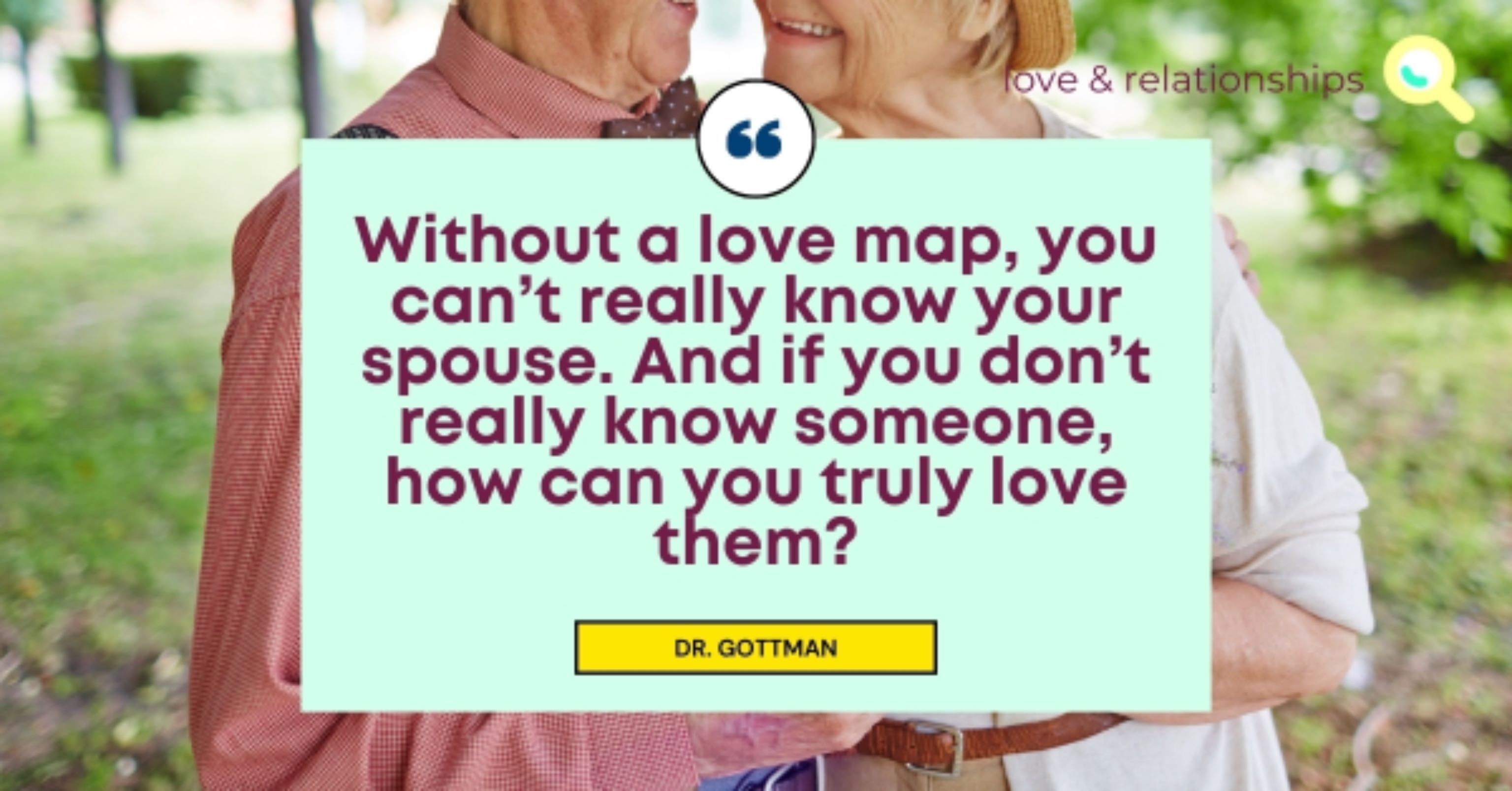Reviewed By Pamela Kirkpatrick - Senior Accredited NCS & Registered Member MBACP Adv. Dip.
How To Emotionally Connect As A Couple
14 April 2021
How to deepen your relationship and emotionally connect with your partner, including practical tips.
Every relationship is different, but one thing all relationships have in common is their emotional connection. For some, this means growing closer. For others, this means growing further apart. How do you maintain and develop your closeness as a couple? The secret to a lasting and happy relationship is establishing and maintaining your emotional connection.
What is Emotional Connection?
Emotional connection is the bond between two people which goes beyond the physical, it is a look or touch that says “I love you, I am here for you, no matter what”. This connectedness promotes trust and respect allowing couples to be their true selves with each other, it enables them to feel safe to reveal their innermost secrets and fears without judgement.
Emotional connection can help:
- Develop open, honest communication
- Deepen trust
- Grow intimacy & enhance your sex life
- Build self confidence
- Boost morale
- Improve physical health
- Reduce stress
There are many varied and complex reasons why a disconnection can occur in a relationship when dealing with the everyday challenges of life. This can happen so gradually that you may not notice until suddenly it feels like you are house sharing with your partner and co-parenting your children. Emotional disconnection can cause a distance in relationships causing defensive reactions and increased arguments and poor conflict resolution.

Challenges that can impact relationships
When you consider the external influences in our lives, relationships can become a pressure cooker of unspoken stress or a reflection of broken communication, which impacts your connection to your partner.
Examples of these challenges include:
- Poor communication
- Infidelity
- Intimacy
- Fertility
- New baby
- Work stress or unemployment
- Finances
- Illness
- Addictions
- Bereavement

Building emotional connection
All relationships take work.
As time pushes onwards and our comfort with one another deepens, we sometimes forget to put the quality time aside to spend with our partner. We might forget to make space for them in ways which allow us to nurture the connection we have.
There are adjustments you can begin to make in your daily lives to help foster your emotional connection and work towards growing your closeness as a couple.

Love Maps
According to research by relationship psychologist, DR. GOTTMAN, “love maps” are a way to develop and emotionally connect as a couple. Gottman defines a “love map” as a “part of your brain where you store all the relevant information about your partner’s life.”
A love map, put simply, is a term for the part of your brain where you store personal information about your partner. Gottman’s research found that emotionally intelligent couples are intimately connected with each other’s inner worlds and are constantly updating their knowledge of their partner. No one can assume a person is the same as they were in the earlier stages of a relationship and how their love map looks in the now will be different to how it looked many years ago.
Emotionally intelligent couples are intimately connected with each other’s inner worlds and are constantly updating their knowledge of their partner.
Furthermore, this love map stores information such as important life events, alongside their life goals, quirks, stress triggers, worries, aspirations and dreams. It contains the rich detail of your partner’s life, which requires having genuine interest in their individual preferences.
Getting to know your partner is this way is a life-long process and requires you both to maintain a working knowledge of who your partner is. In summary, When you work on your love maps together, you can develop a deeper emotional connection.
Why should you bother with a love map?
Love maps matter. With the strength of your love maps in place, couples have better resilience to external pressures and changes. Without the habit of continually developing your knowledge of your partner’s inner world, your relationship can lose its way and your sense of intimacy and connection will dwindle over time.
When it comes to life changes, like the birth of your first child, couples who stay up to date with each other’s emotions, experiences and needs will have a stronger sense of togetherness.
In trying times, love maps become the glue that hold you together and help to emotionally connect as a couple.

Knowing when it’s time for a love map update
Without conscious and regular check-ins on the details of your partner’s personal life, you might lose sight of what’s at the core of their world.
If you start to notice that you know only vague or partial details about aspects of your partner’s life, then it’s a sign you’re ready for a love map update.
Examples:
- Your partner is updating you on something personal or work-related, but you’re blurry on the details, even though you’ve been told the story previously and can’t recall the specifics.
- Your partner has a favourite genre of music, but you don’t know who the musicians are.
- It’s your partner’s birthday and you want to arrange a surprise dinner at a restaurant but you’re not sure what restaurant or food your partner would enjoy the most.
How do you develop your love map?
According to Gottman, the couples who continually update their “love maps” are most likely to have a lasting emotional connection. With your partner, try answering the following questions about each other and find out how much you know about one another. Taking time to note any changes and developments within your partner, and paying attention to what they say, is how you can begin to deepen connection and emotionally connect as a couple.
Love Map Questions
- Name your partner’s two closest friends.
- What was your partner wearing when you first met?
- Name one of your partner’s hobbies?
- What stresses your partner right now?
- Describe in detail what your partner did today or yesterday?
- Your partner’s fondest unrealised dreams?
- What is one of your partner’s greatest fears or disaster scenarios?
- Their favourite way to spend an evening?
- One of your partner’s favourite ways to be soothed?
- Name a person your partner dislikes.
- Your partner’s ideal job?
- The kind of books or films is your partner enjoying right now?
- Some of your partner’s favourite foods right now?
- Medical problems does your partner worry about?
- What personal improvements does your partner want to make in their life?
- Which people does your partner most admire in the world? Name two.
Asking these questions regularly will help develop your insights into the world of your partner and it gives you an opportunity to update your knowledge as their interests and habits change over time.
Knowing is power!
When you make time for updating your love map and talking about the details of your lives, you will build a stronger connection, making your relationship more profound and rewarding.

The love map questions are a way to become aware of your partner’s goals, both for the long term and short term, as well as learning how their work environment is affecting them or what they want to work on in a personal capacity. You’re able to take note of the current things your partner enjoys or dislikes, and you can better understand what causes them stress or worry.
Love mapping is something fun you can do together. No matter how many years have passed, there is always something new you can discover about the person you love. Being receptive to learning and giving time to your partner in order to learn more is the starting point to building deeper emotional connection.
Get Inspired Further
the importance of healthy relationships
Stephen Maginn shares his thoughts and advice on how and why it is important that we look after ourselves and our relationships, especially given the added pressure at this time of year. He shares some fabulous services & online resources that can help get your relationship back on track.
things you can do as a family
Connecting with your family plays a huge part in contributing to your overall wellbeing, including the wellbeing of your family.
what is play therapy
Play Therapy is a form of therapy which uses 'play' as a means of self-expression.



